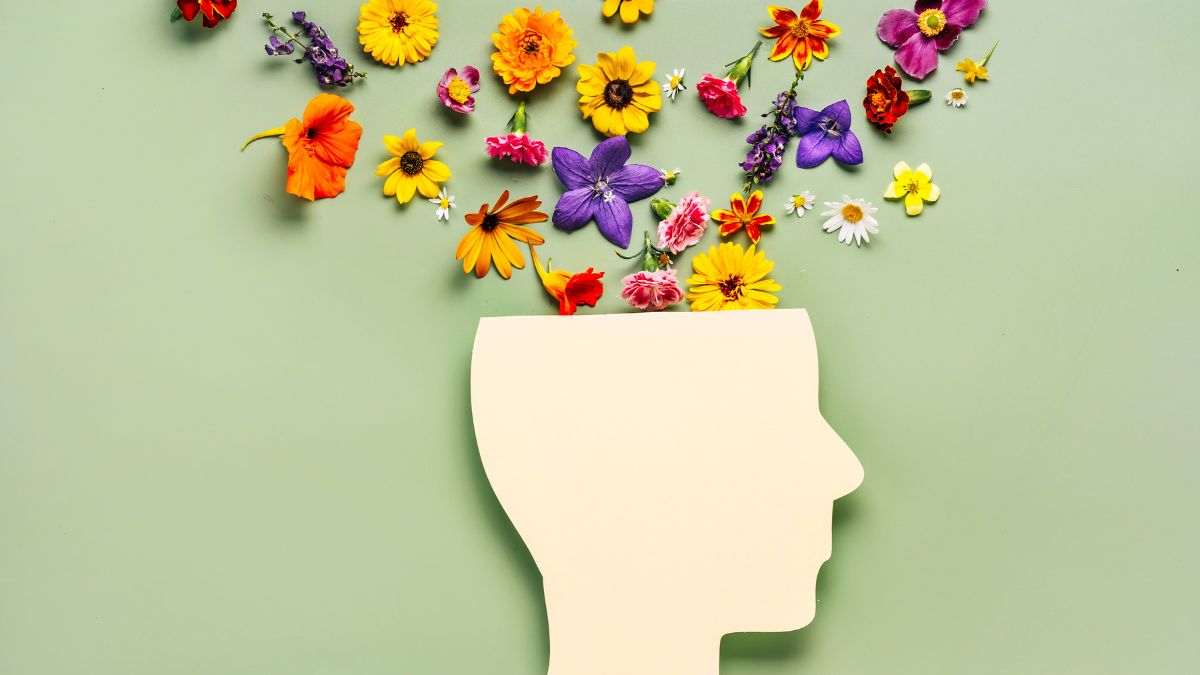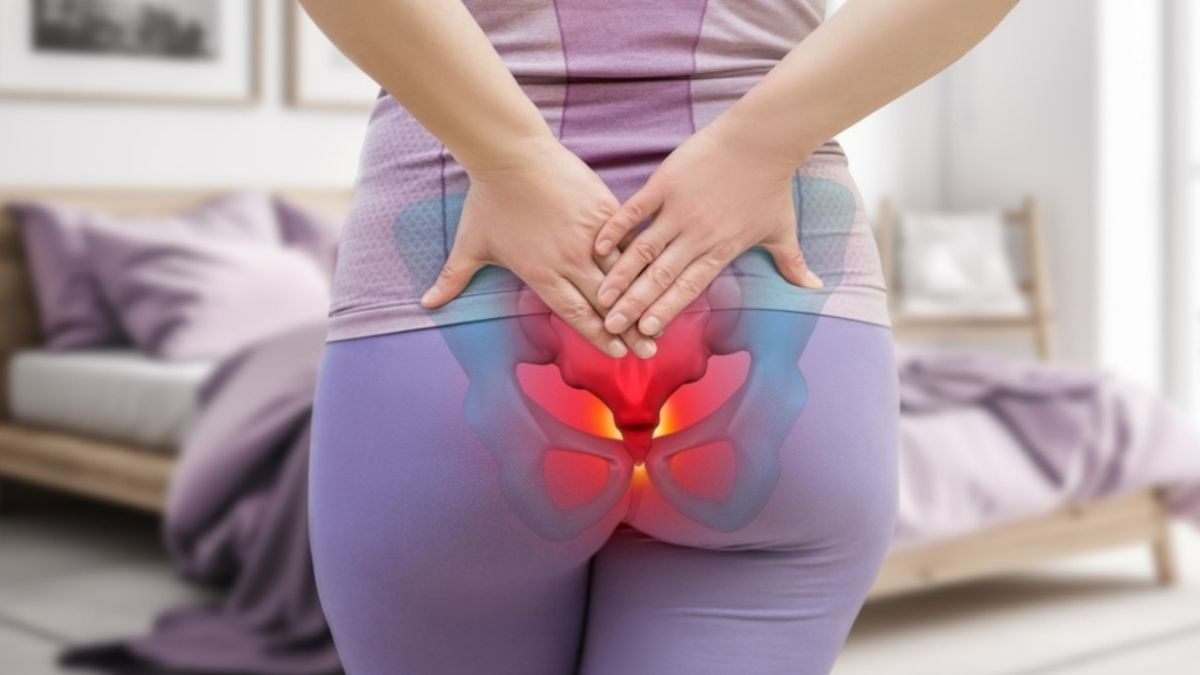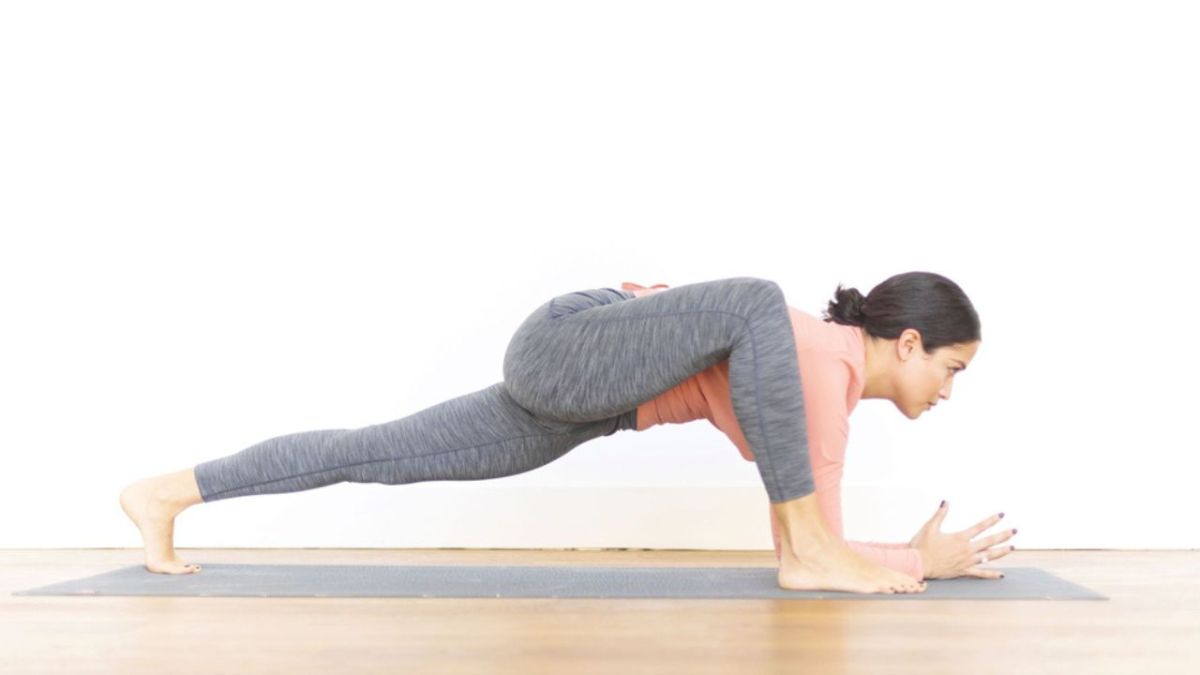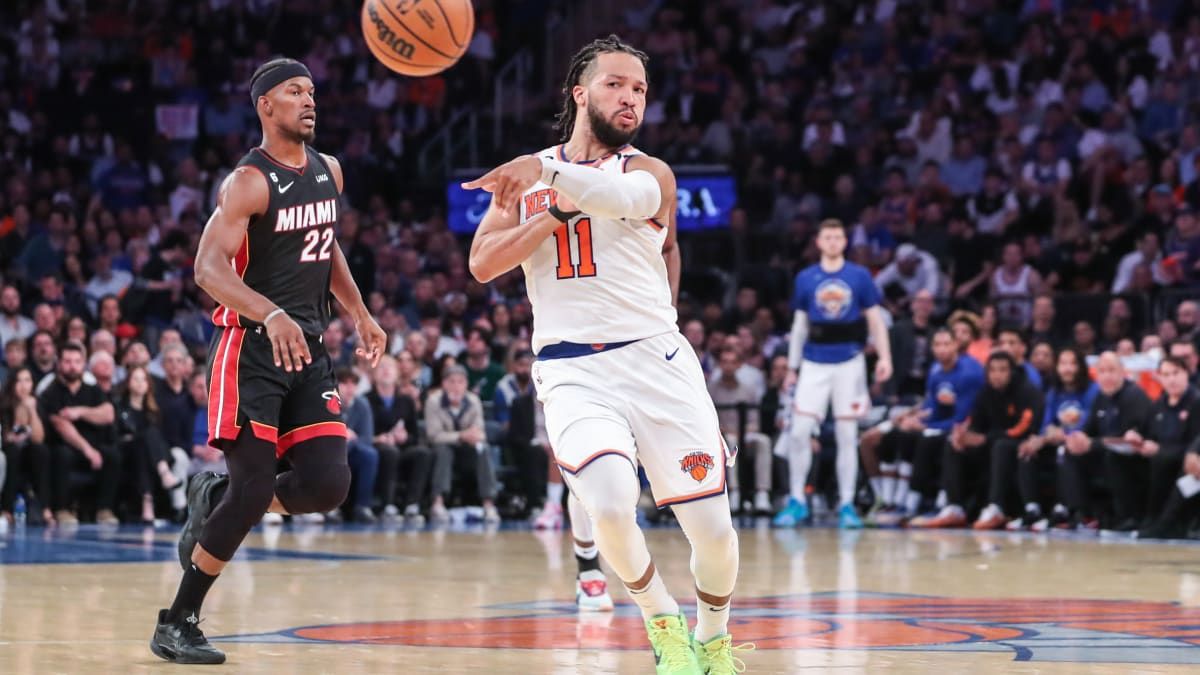Exercise Is More Effective Than Medicines For Managing Mental Health, Study Finds

Researchers from the University of South Australia have found that physical activity is 1.5 times more beneficial than psychotherapy or popular medications for managing depression and anxiety. The study, which was published in the British Journal of Sports Medicine, includes 97 studies, 1039 trials, and 1,28,119 participants, making it the most extensive to date.
The study shows how much better the signs of sadness, anxiety, and distress are when people are physically active. Exercise interventions that lasted for 12 weeks or less were found to be the most effective at reducing mental health symptoms, highlighting the speed at which physical activity can bring about a change.
The largest benefits were seen among people with depression, pregnant and postpartum women, healthy individuals, and people diagnosed with HIV or kidney disease.

According to the World Health Organization, an estimated one in every eight people worldwide (970 million people) live with a mental disorder. Poor mental health costs the world economy approximately USD2.5 trillion each year, a cost projected to rise to USD6 trillion by 2030. In Australia, an estimated one in five people (aged 16-85) have experienced a mental disorder in the past 12 months.
Lead researcher Dr. Ben Singh states that physical activity must be prioritized to better manage the growing cases of mental health conditions. He explains that “physical activity interventions can significantly reduce symptoms of depression and anxiety in all clinical populations, with some groups showing even greater signs of improvement.”
Professor Carol Maher, a senior researcher at UniSA, says the study is the first to evaluate the effects of all types of physical activity on depression, anxiety, and psychological distress in all adult populations. She hopes that the study will underscore the need for physical activity, including structured exercise interventions, as a mainstay approach for managing depression and anxiety.
Connect With Debonair Magazine On Social Media [ Facebook | Instagram | Twitter | LinkedIn ] To Get Real-Time Updates On The Market.



